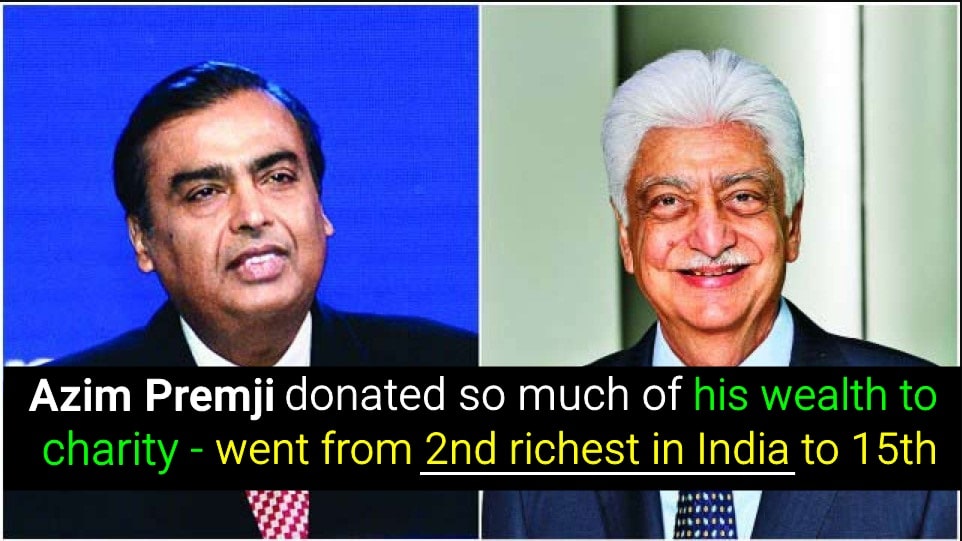No products in the cart.
10 most important points of Delhi Declarations, this is a massive win for India
New Delhi: At the 2023 G20 summit, a range of issues were mentioned in the declaration, from mainstreaming life to enhancing climate finance. The New Delhi leaders’ declaration focuses on strong, sustainable, balanced, and inclusive growth. In this article, 10 important key issues of the Delhi Declaration have been explained.
1. Mainstreaming life: Leaders are committed to strong collective actions that will enable the world to adopt sustainable production and consumption patterns and mainstream lifestyles for sustainable development. Studies show that this could contribute to significant emissions reductions by 2030 for a global net-zero future. This was one of the key focus areas of India during his presidency.
2. Focus on clean, sustainable, and inclusive energy transition: The world needs an annual investment of more than US$4 trillion with a higher share of renewable energy in the primary energy mix. To this end, the ‘G20 High-level Voluntary Principles on Hydrogen’ were ratified to create a sustainable and equitable global hydrogen ecosystem that benefits all countries. At the same time, it recognized the importance of sustainable biofuels in zero- and low-emission development strategies and looked at the establishment of a global biofuels alliance.
3. Scaling up climate finance: Leaders noted the need for developing countries to finance US$5.8-5.9 trillion in the period to 2030, particularly for the need to implement their NDCs, as well as US$4 trillion per year Also noted the need for US dollars. Net-zero emissions by 2050 will be attained through clean energy technologies by 2030. Parties also called for setting an ambitious, transparent, and trackable new collective quantitative target (NCQG) for climate finance in 2024, starting at the level of USD 100 billion per year. To fulfill the objectives of the UNFCCC and take into account the needs and priorities of developing countries in the implementation of the Paris Agreement.
4. Corruption: The G20 reaffirmed its commitment to zero tolerance for corruption and called for strengthening international cooperation and information sharing related to law enforcement to combat corruption. The joint declaration also called for strengthening asset recovery mechanisms to combat corruption.
5. Religion: The G20 condemns religious hatred and supports UNGA resolution A/RES/77/318, promoting religious and cultural diversity, dialogue, and tolerance. They stress the interdependence of freedom of speech, peaceful assembly, and association with the fight against intolerance and discrimination, regardless of religion or belief.
6. Ending plastic pollution: The G20 is committed to ending plastic pollution, and welcomes the establishment of the Intergovernmental Negotiating Committee to develop an international legally binding instrument on plastic pollution, including in the marine environment, with the aim of work has to be completed by the end of 2024.
7. Early warning and early action: They also called for accelerating progress on reducing disaster risk and building resilient infrastructure through strengthening national and local capacities, innovative financing tools, private sector investment, and knowledge sharing. requested.
8. Education: The G20 pledged to use digital technology to bridge the digital divide and help learners, schools, and teachers stay updated with emerging trends and technology in support of human capital development. Expressed commitment for.
G20 members supported promoting open, equitable, and secure scientific cooperation and encouraging the mobility of students, scholars, researchers, and scientists across research and higher education institutions.
9. Agriculture: Saying that rising commodity prices are contributing to cost-of-living pressures, G20 leaders called for facilitating “open, fair, predictable and rules-based” trade in agriculture, food, and fertilizers and not imposing export restrictions in line with relevant WTO rules. Expressed commitment to install. Member countries are also committed to supporting the efforts and capacities of developing countries to address food security challenges.
“We are committed to enhancing global food security and nutrition for all, in line with the G20 Deccan High-level Principles on Food Security and Nutrition 2023,” the leaders’ declaration from New Delhi said.
10. Designing a Circular Economy World: This year saw the launch of the Resource Efficiency and Circular Economy Industry Coalition (RECEIC). At the summit, G20 leaders committed to enhancing eco-friendly waste management, significantly reducing waste generation by 2030, and highlighted the importance of zero-waste initiatives.








